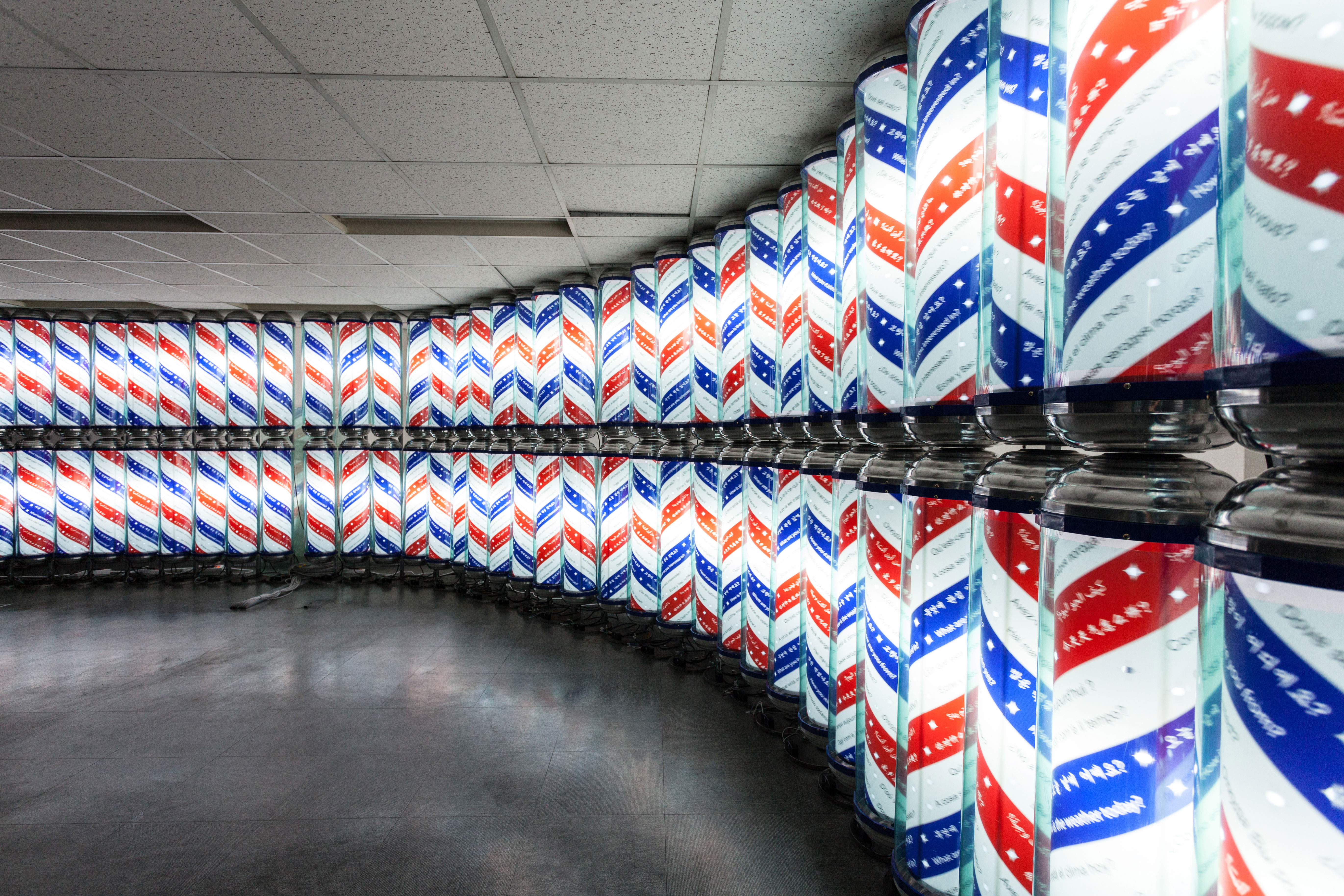Creative Industries development for the diversity of cultural expressions – Strengthening the sustainability of creative industries in Rwanda

Rwanda is a country on the move. In recent years, the country has achieved remarkable development and has one of the highest GDP growth rates in Africa. According to the World Bank, between 2001 and 2015, Rwanda recorded an average GDP growth rate of 8 %. Drawing upon its ambitious development plans such as the “Rwanda Vision 2020” and “Economic Development and Poverty Reduction Strategy II (2013-2018)”, Rwanda is aiming to transform itself into a middle-income country and transition from agrarian economy to an information-rich, knowledge-based one by 2020.
In February 2015, the country adopted its “National Culture Heritage Policy”. Strategic Objective 4 of this Policy aims to “Operationalize the existing or develop new legal instruments and facilitate full exploitation of the economic potential in the creative arts”. In line with this policy, Rwanda has already undertaken cultural mapping, and it has finalized a “Five-year Strategic Plan for the development of Creative Industries 2017-2020”. Furthermore, Rwanda has submitted its first quadrennial periodic report through a participatory process involving civil society.
This project in Rwanda aims at building capacities of CCI actors in order to strengthen this industry as a strategic growth sector contributing to economic growth, job creation, revenue generation, and improving conditions of life. It does so by identifying capacity gaps of stakeholders, providing training and raising awareness of the general public about the contribution of CCI to sustainable development. The project builds on the ongoing UNESCO activities on culture and communication in Rwanda.
General aim:
The aim is to contribute to the development of cultural industries in Rwanda, through identifying capacity gaps and developing and implementing capacity-building programmes for artists, cultural professionals and representatives of concerned government ministries/public institutions in Rwanda.
A Project Coordination Committee was formed.
During the inception phase, the Rwandan Academy of Language and Culture (RALC) formed an initial Project Coordination Committee composed of government partners including the Director of Culture and the Rwandan National Commission for UNESCO as well as the Rwandan Arts Council (RAC). The Project Coordination Committee hold its first meeting on 2 June 2017, followed by monthly meetings where numerous decisions have been made concerning the selection of the project coordinator and the international expert as well as the need for the recruitment of a local partner through an open call for proposals.
UNESCO recruited the local project coordinator at the end of August 2017, and the call for proposals for a local partner was launched in early September 2017 by UNESCO Regional Office. The international expert’s contract was issued in early November 2017. The local partner’s contract is currently under preparation.
The Project Coordination Committee has agreed upon the names of the Steering Committee Members, and the project launch is planned for as soon as the local partner’s contract is issued. The first mission of the international expert is planned for 2018.
